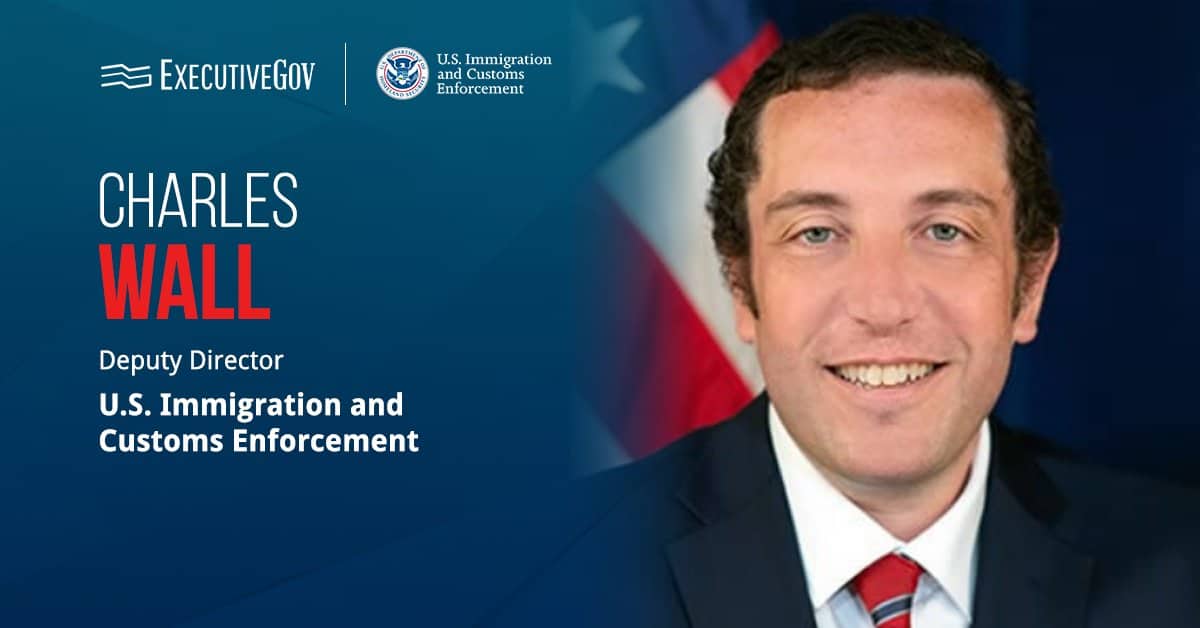The U.S. Space Force has opened a $12.8 million facility dedicated to the research and development of space military technology.
Air Force Research Laboratory's Space Vehicles Directorate conducted a ribbon-cutting ceremony last Thursday to celebrate opening the Space Warfighting Operations R&D (SWORD) laboratory, Air Force Materiel Command said Monday.
The SWORD lab takes 26,000 square feet of space for laboratory operations and office activities of 65 scientific, technical and support personnel. Col. Eric Felt, who leads the Space Vehicles Directorate, hosted the ceremony where AFRL Commander delivered a keynote speech.
“We will also invest in technologies to increase the resistance of satellite systems to cyberattacks, and we will be working in the area of autonomy to enable space systems to automatically detect and respond to threat conditions faster than a human operator could achieve,” Felt stated.





